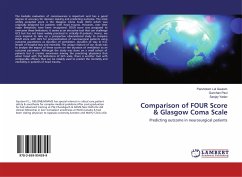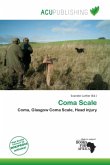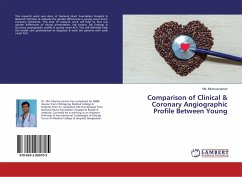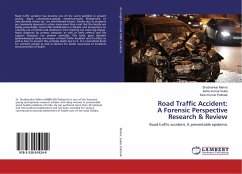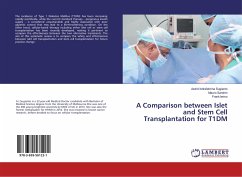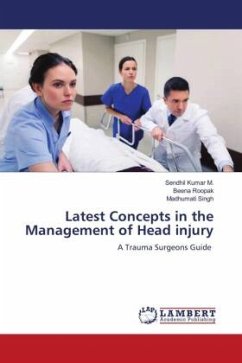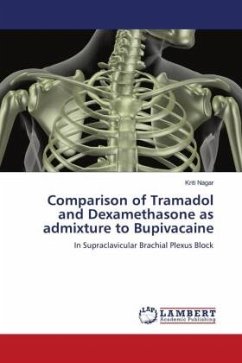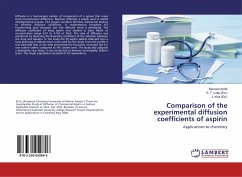The bedside evaluation of consciousness is important and has a good degree of accuracy for decision making and predicting outcome. The most widely accepted score is the Glasgow Coma Scale (GCS) which was originally designed for patients with head trauma. However, over time major limitations have been recognized. FOUR score was proposed to overcome these limitations. It seems as an attractive tool that can challenge GCS but has not been widely practiced in critically ill patients. Hence, we were inspired to take up a prospective observational study to compare FOUR score with GCS for prognostication of neurosurgical patients using outcome parameters as duration of ventilation, duration of stay in ICU, length of hospital stay and mortality. The unique feature of our study was to analyse the impact of these scores on the duration of ventilation as an outcome parameter. Although the study was done on a small cohort of patients but it creates awareness among the practicing physicians that when faced with the limitations of GCS scale, there is another tool with comparable efficacy that can be reliably used to predict the mortality and morbidity in patients of head trauma.
